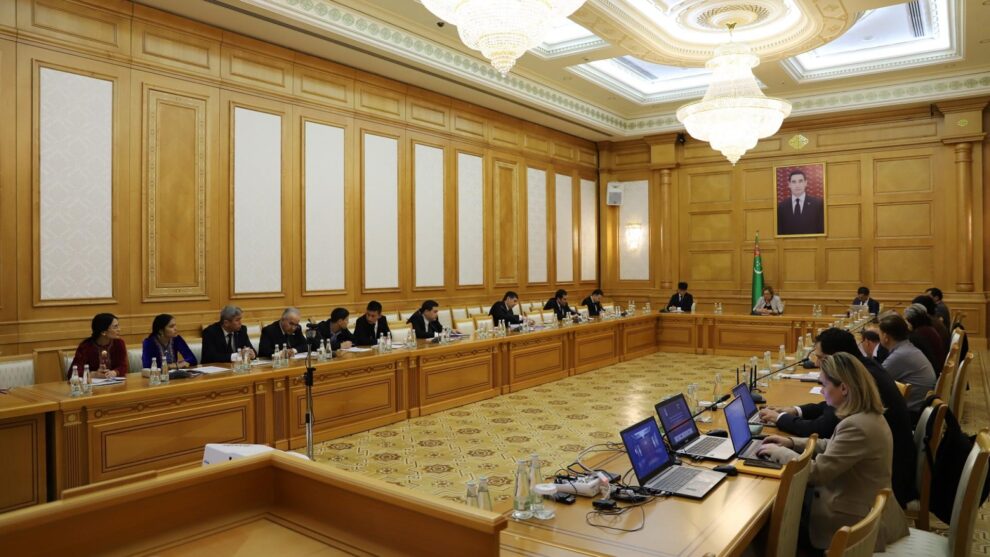The United States partnered with the Ministry of Interior and National Administration to enhance regional preparedness for chemical, biological, radiological, and nuclear (CBRN) emergencies through a multi-country workshop on September 13 and 14 in Naivasha.
The U.S. Department of State and the Kenya’s National Disaster Management Unit cohosted the two-day Sub-Regional Chemical, Biological, Radiological, or Nuclear Response & Assistance Workshop, (SR2 Kenya), which included 43 participants from Burundi, Ethiopia, Kenya, Tanzania, and the United States. Representatives from internal security, defense, civil protection, health, environmental protection, disaster risk management, and international affairs offices of each country discussed how to coordinate a joint response to a CBRN emergency.
Participants shared best practices for CBRN preparedness and incident response with one another, and they participated in a table-top exercise that simulated a coordinated response to an emergency.
The workshop highlighted the need to invest in CBRN preparedness, the importance of continued exercises to practice responding to a major crisis, and the value of working together with regional partners to leverage foreign assistance to save lives, protect the environment, and minimize harm to all communities.
The United States partnered with the Ministry of Interior and National Administration to enhance regional preparedness for chemical, biological, radiological, and nuclear (CBRN) emergencies through a multi-country workshop on September 13 and 14 in Naivasha.
The U.S. Department of State and the Kenya’s National Disaster Management Unit cohosted the two-day Sub-Regional Chemical, Biological, Radiological, or Nuclear Response & Assistance Workshop, (SR2 Kenya), which included 43 participants from Burundi, Ethiopia, Kenya, Tanzania, and the United States. Representatives from internal security, defense, civil protection, health, environmental protection, disaster risk management, and international affairs offices of each country discussed how to coordinate a joint response to a CBRN emergency.
Participants shared best practices for CBRN preparedness and incident response with one another, and they participated in a table-top exercise that simulated a coordinated response to an emergency.
The workshop highlighted the need to invest in CBRN preparedness, the importance of continued exercises to practice responding to a major crisis, and the value of working together with regional partners to leverage foreign assistance to save lives, protect the environment, and minimize harm to all communities.
Source: usembassy
















